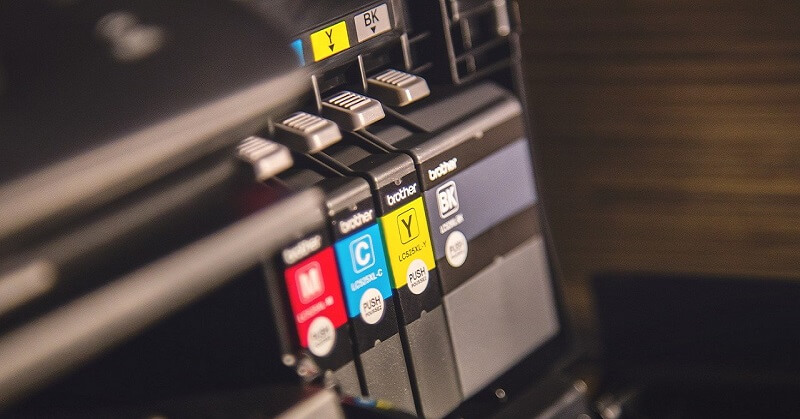The severity that the print industry is having on the environment is almost too overwhelming to comprehend. Back in the days of the first-ever printed book, The Gutenberg Bible, this was less of a worry, as the print industry began its life and was enshrined as a revolutionary development accredited to the works of Johannes Gutenberg. Nowadays, the tide has changed slightly, and most of us are taken aback by the sheer volume of printed marketing materials that filter through our letterboxes on a daily basis, browsed through rarely and doomed to the recycling bin. With the rise of technologies such as litho printing, the industry is being pushed to support new developments with ‘greener’ resources, combatting the effects of harmful human activity.
Luckily, awareness of having sustainable practices that don’t harm the environment is becoming a rising trend amongst not only other industries and sectors but additional societal groups too. The print industry is linked to deforestation to the natural oils used to create inks, the industry is facing an unprecedented challenge, but here’s how we are at the forefront of overcoming and embodying new values. Let’s look at some of the most environmentally friendly innovations sweeping through the sector.
Plant-Based Inks

Plant-based food and drink products are now not the only things vegan, the print industry has evolved to create plant-based inks too! Traditional inks are made using petroleum, which releases volatile organic compounds (or VOC’s). They are linked to a whole host of negative environmental effects, and they’ve even been linked to causing some adverse health conditions under long periods of exposure. As well as this, petroleum oil is ultimately derived from one of the earth’s finite resources: oil. Vegetable and plant-based inks are more sustainable, with properties that lend themselves to easier de-inking meaning they can be readily recycled. Suppliers of these alternatives tend to embody a more conscious perspective towards the printing industry, so this could certainly be a viable option for any business that is looking to make its digital printing eco-friendlier.
The Severity Of Deforestation

Astonishingly, 14% of global deforestation is caused by the print industry alone, this being the equivalent of 4.1 million hectares of land per year. This statistic is under scrutiny by environmentalists, making the print industry a focal point for implementing change. Trees take in carbon dioxide and release oxygen — something which was drilled into each and every one of us in science classes a school, but the gravity of this is becoming a cause for concern as more and more areas of the green face the chop. An astounding 502,000 square miles have been cut down in the period 1990 – 2016, impacting biodiversity massively.
Reduce, Reuse And Recycle Paper

If we are currently relying predominantly on deforestation for resources, what are the alternative solution to fix this? Recycled paper has been increasingly brought into the mainstream of the print industry, even the digital printing industry, and it is a proactive step towards becoming more sustainable. Currently, the UK recycles 12.5 million tonnes of paper and cardboard annually, and many more print industry businesses should be prepared to make the switch to really get the most out of this figure. Recycled paper is the greenest option, requiring less water and energy to produce, and contributing far less to overall carbon emissions. Paper fibers can be recycled repeatedly, up to 5 times, which will help the print industry to cut down on how much paper goes to landfill sites. Many brands in the sector have already committed to the eco-friendlier alternative, demonstrating proactivity in the print industry towards increasing sustainability. Plus, recycled papers have been developed to replicate the bright white quality of conventional sheets — making it even more feasible for the digital printing industry to adopt them into their strategy.
On a good note, the demand from clients and consumers for more sustainable practices has not been ignored by the print industry as they continue to make positive steps towards achieving this goal.
Entertales is on YouTube, Click here to subscribe for latest videos and updates.














